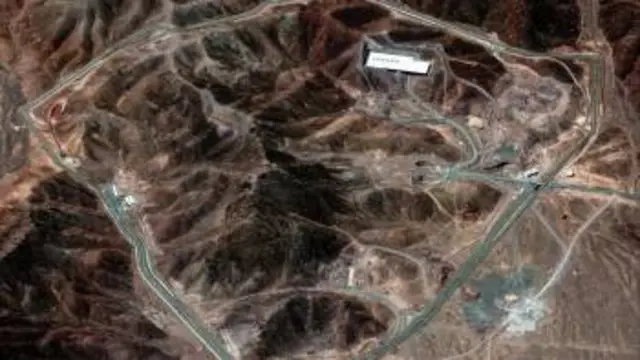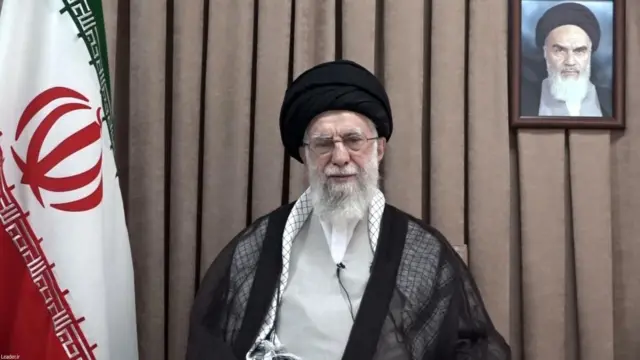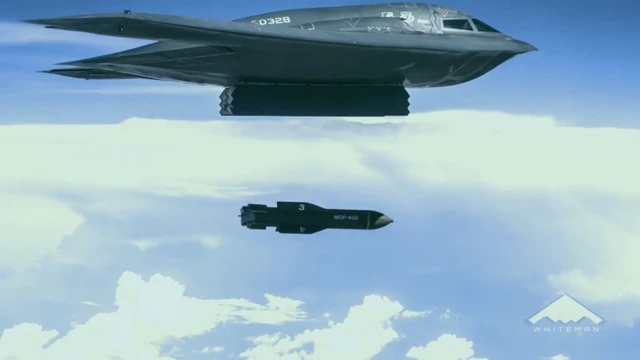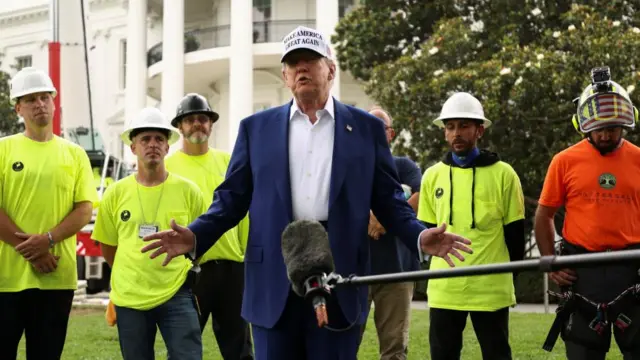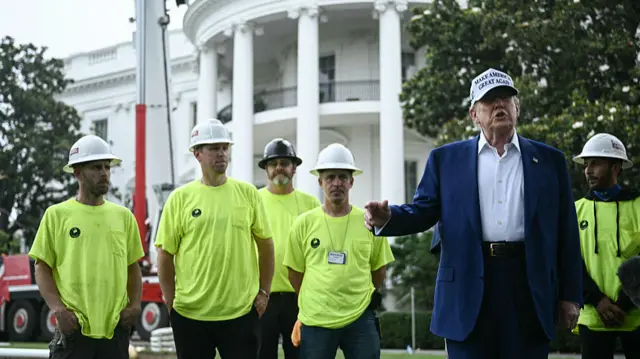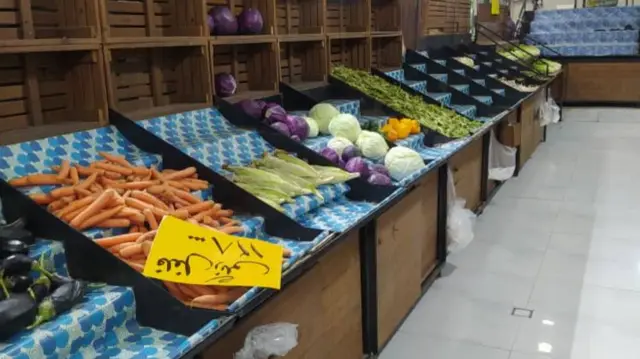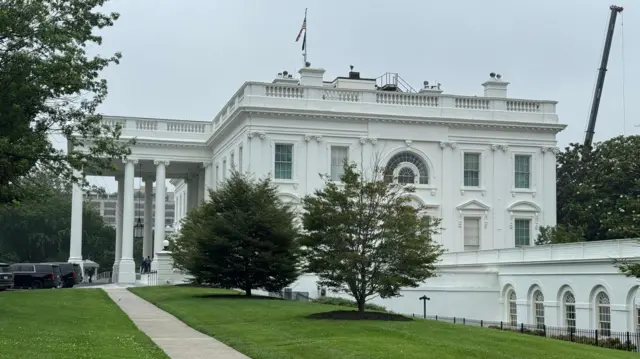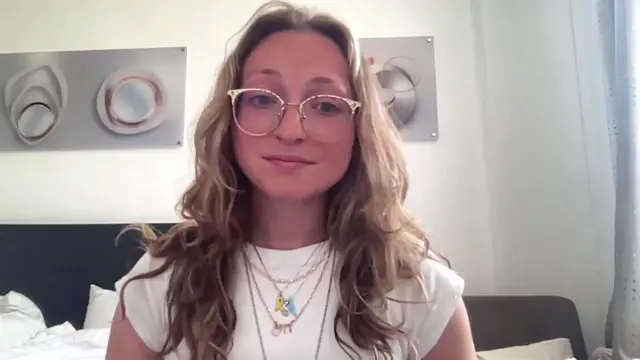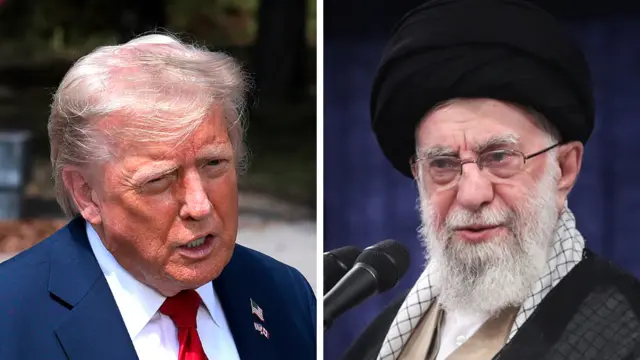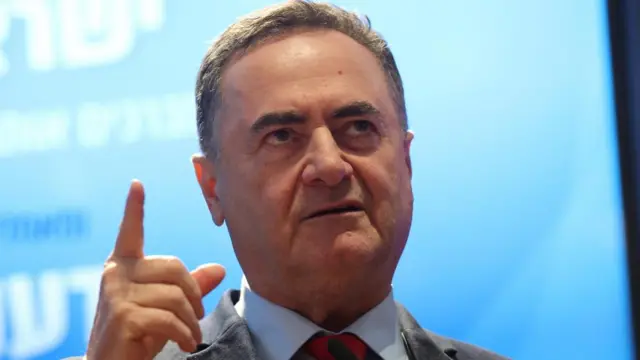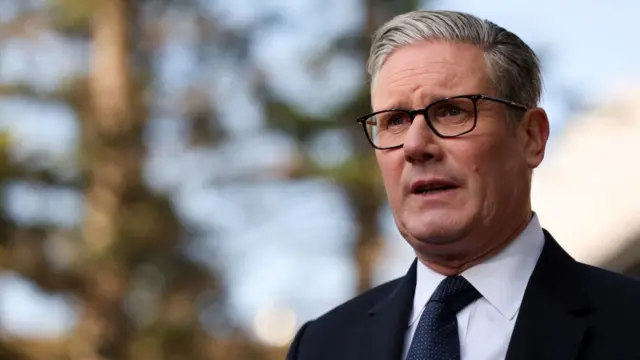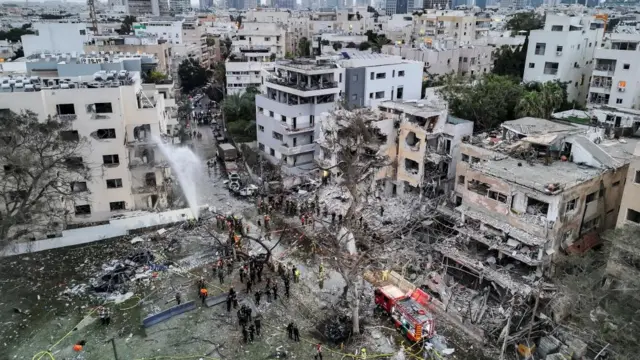If US enters conflict, would it provoke Iran to strike US targets?published at 16:02 BST 18 June
Mikey Kay
Host of the Security Brief on BBC News

There is certainly risk.
The consequences for the US are fairly significant.
There are about 40,000 to 50,000 US-based troops at around 19 locations across the Middle East.
There are US personnel based in Cyprus, you have got a US naval facility in Bahrain. It will all depend on how the US decides to - and to what extent the US decides to - get involved.


